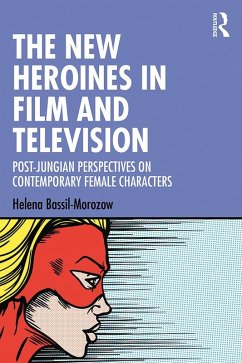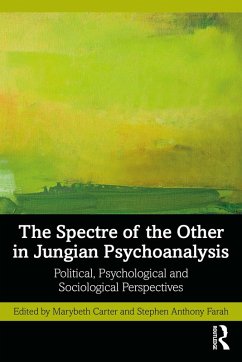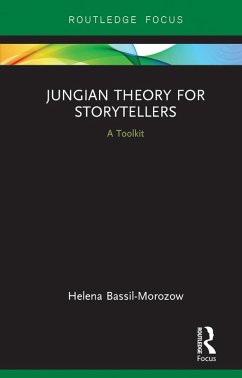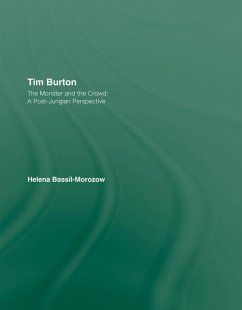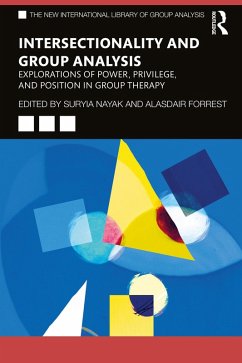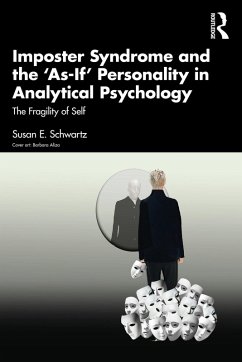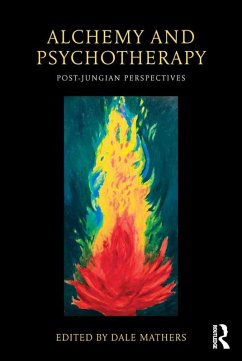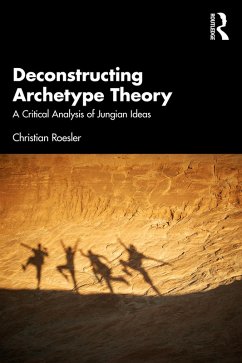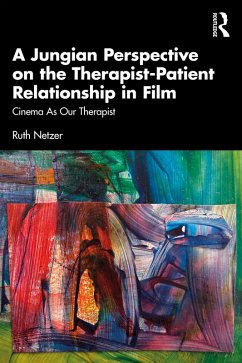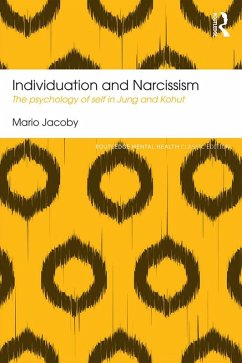
The New Heroines in Film and Television (eBook, ePUB)
Post-Jungian Perspectives on Contemporary Female Characters
Versandkostenfrei!
Sofort per Download lieferbar
31,95 €
inkl. MwSt.
Weitere Ausgaben:

PAYBACK Punkte
16 °P sammeln!
This thought-provoking volume offers an overview of contemporary representations of prominent female characters as they appear in an array of moving-image narratives from a Jungian and post-Jungian perspective.Applying a theoretical frame that is richly informed by the Jungian and post-Jungian concepts of persona, individuation, and archetypes, works including Fleabag (2016-2019), Ladybird (2017), and The Queen's Gambit (2020) as well as Disney productions such as Brave (2012), Moana (2016), and Frozen (2013), are contextualized and discussed alongside their non-screen precedents and contempor...
This thought-provoking volume offers an overview of contemporary representations of prominent female characters as they appear in an array of moving-image narratives from a Jungian and post-Jungian perspective.
Applying a theoretical frame that is richly informed by the Jungian and post-Jungian concepts of persona, individuation, and archetypes, works including Fleabag (2016-2019), Ladybird (2017), and The Queen's Gambit (2020) as well as Disney productions such as Brave (2012), Moana (2016), and Frozen (2013), are contextualized and discussed alongside their non-screen precedents and contemporaries, including myths, fairy tales, and works of literature, to closely examine new patterns of the female journey. This book identifies how young female characters rebel against the female persona of previous eras through the trickster, the shadow, and other archetypes, comparing the contemporary female protagonist with her predecessors to assess the new paths, roles, and milestones available to her. Examining the construction of the female persona across time periods and mediums in an accessibly written yet academic style, this book is the first of its kind.
With a fulsome account of the progressive developments in entertainment media and Jungian thought, this book is essential reading for students and scholars of film, as well as anyone with an interest in analytical psychology and wider feminist issues in contemporary culture.
Applying a theoretical frame that is richly informed by the Jungian and post-Jungian concepts of persona, individuation, and archetypes, works including Fleabag (2016-2019), Ladybird (2017), and The Queen's Gambit (2020) as well as Disney productions such as Brave (2012), Moana (2016), and Frozen (2013), are contextualized and discussed alongside their non-screen precedents and contemporaries, including myths, fairy tales, and works of literature, to closely examine new patterns of the female journey. This book identifies how young female characters rebel against the female persona of previous eras through the trickster, the shadow, and other archetypes, comparing the contemporary female protagonist with her predecessors to assess the new paths, roles, and milestones available to her. Examining the construction of the female persona across time periods and mediums in an accessibly written yet academic style, this book is the first of its kind.
With a fulsome account of the progressive developments in entertainment media and Jungian thought, this book is essential reading for students and scholars of film, as well as anyone with an interest in analytical psychology and wider feminist issues in contemporary culture.
Dieser Download kann aus rechtlichen Gründen nur mit Rechnungsadresse in A, B, BG, CY, CZ, D, DK, EW, E, FIN, F, GR, HR, H, IRL, I, LT, L, LR, M, NL, PL, P, R, S, SLO, SK ausgeliefert werden.




